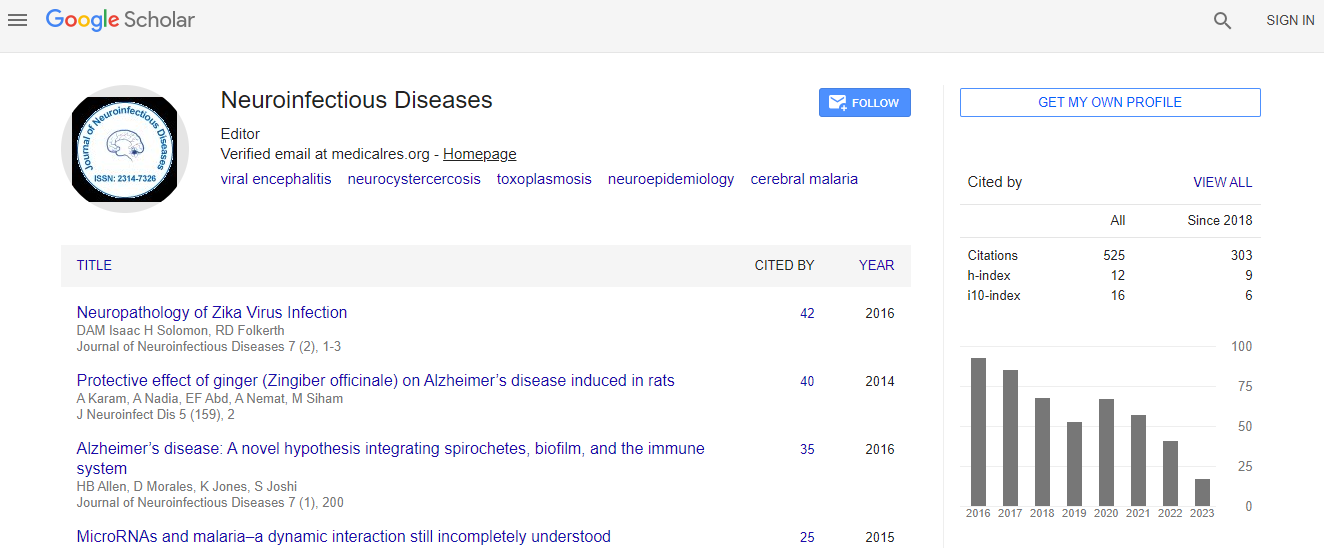Case Report
Dengue Viral Infection Complicated by Acute Transverse Myelitis
Abstract
Background: Dengue is increasingly being recognized as an emerging infectious disease in Southeast Asia, resulting in spectrum of clinical presentations. Neurological complications secondary to dengue are rare and the exact incidence is unknown.
Case report: A 43-year old Chinese male was initially admitted for dengue and then presented after discharge for acute retention of urine and bilateral lower limb weakness. Magnetic Resonance Imaging (MRI) of the spine was reported to have diffusely scattered T2 hyper-intensity seen within the cord with post contrast enhancement, suggestive of transverse myelitis. He was treated with intravenous immunoglobulin and antiviral medications. After rehabilitation, he was eventually discharged with full neurological recovery.
Discussion: Spinal cord is infrequently affected following dengue virus infection, with acute transverse myelitis being a rare manifestation and very few cases reported in the literature. The mechanism of viral transmission and the extent of neuronal injury induced by dengue virus is poorly understood and can occur in either the early (peri-infectious) or late (post-infectious) phases of dengue fever. The important aspect of the initial evaluation and management of acute transverse myelitis is the elimination of potentially treatable causes. Once a demyelinating pathology is identified, appropriate treatments should be initiated early with intravenous immunoglobulin, steroids and supportive management.
Conclusion: Emergency physicians should be aware that acute transverse myelitis in dengue is a rare but potentially debilitating condition, which can be reversed with early diagnosis and management.

 Spanish
Spanish  Chinese
Chinese  Russian
Russian  German
German  French
French  Japanese
Japanese  Portuguese
Portuguese  Hindi
Hindi 
